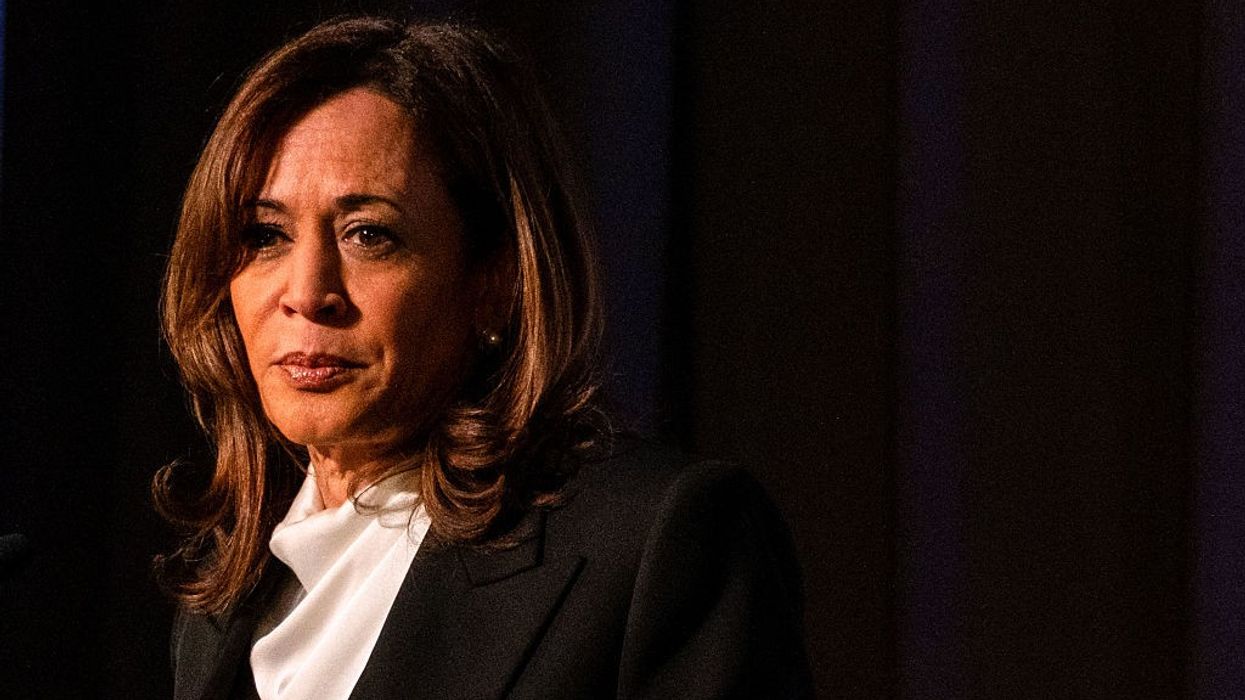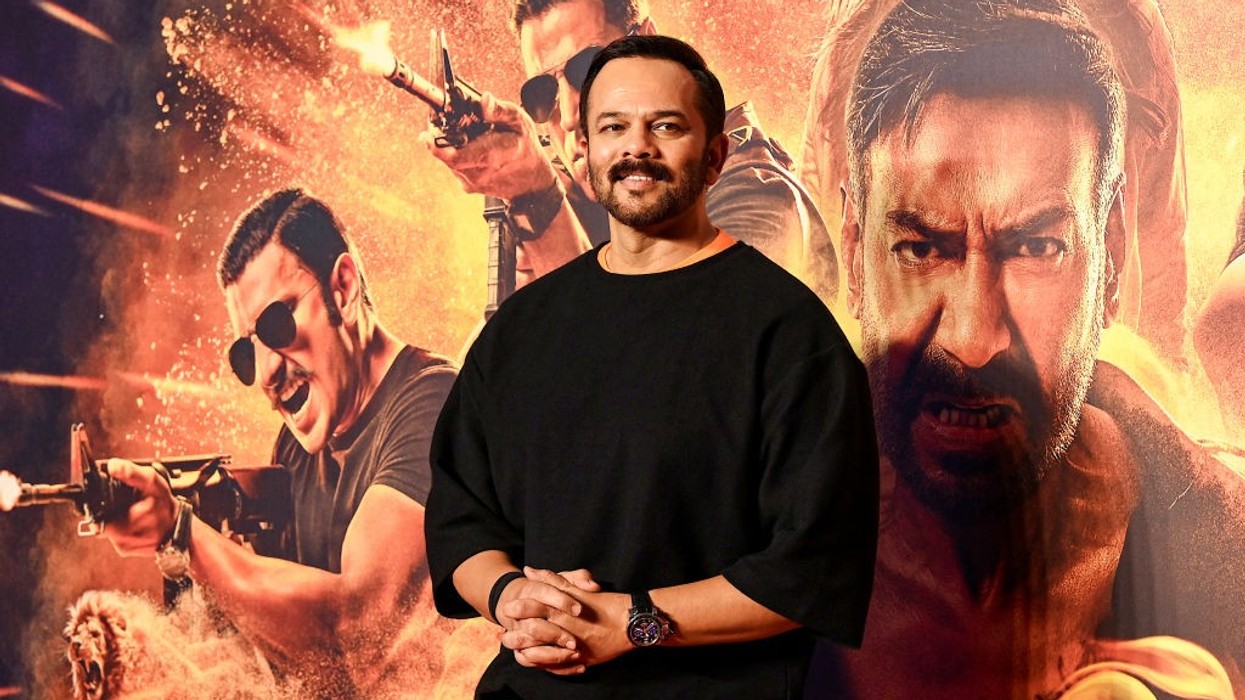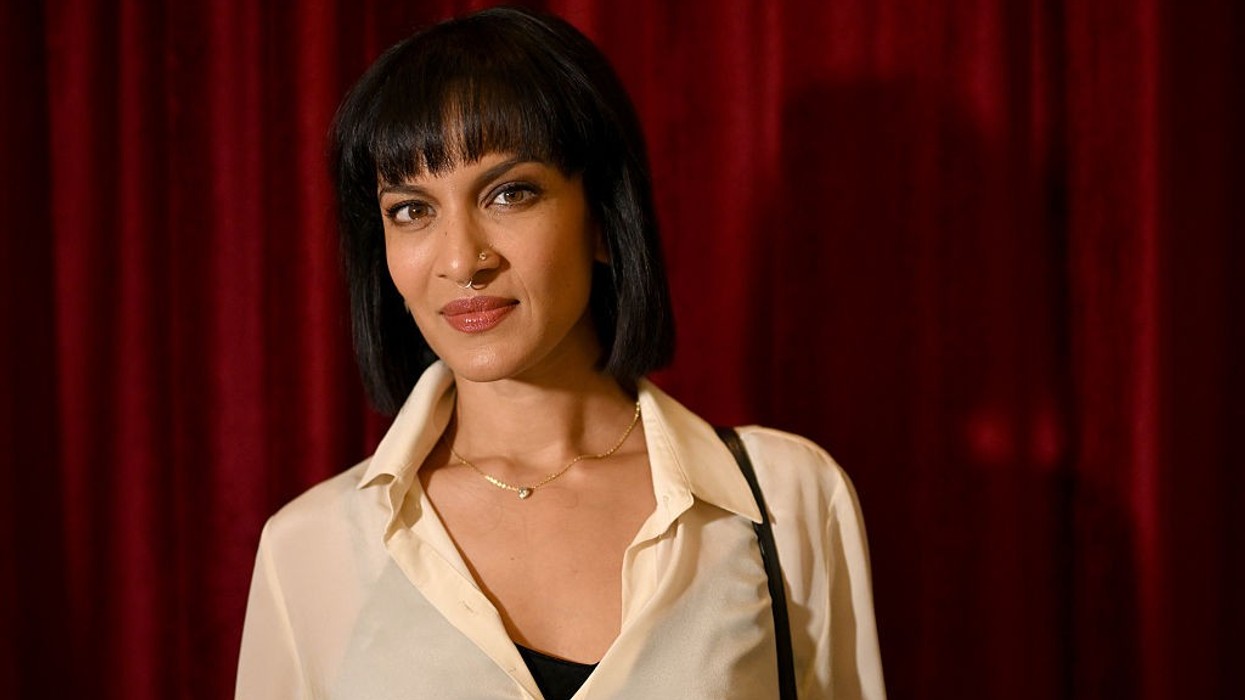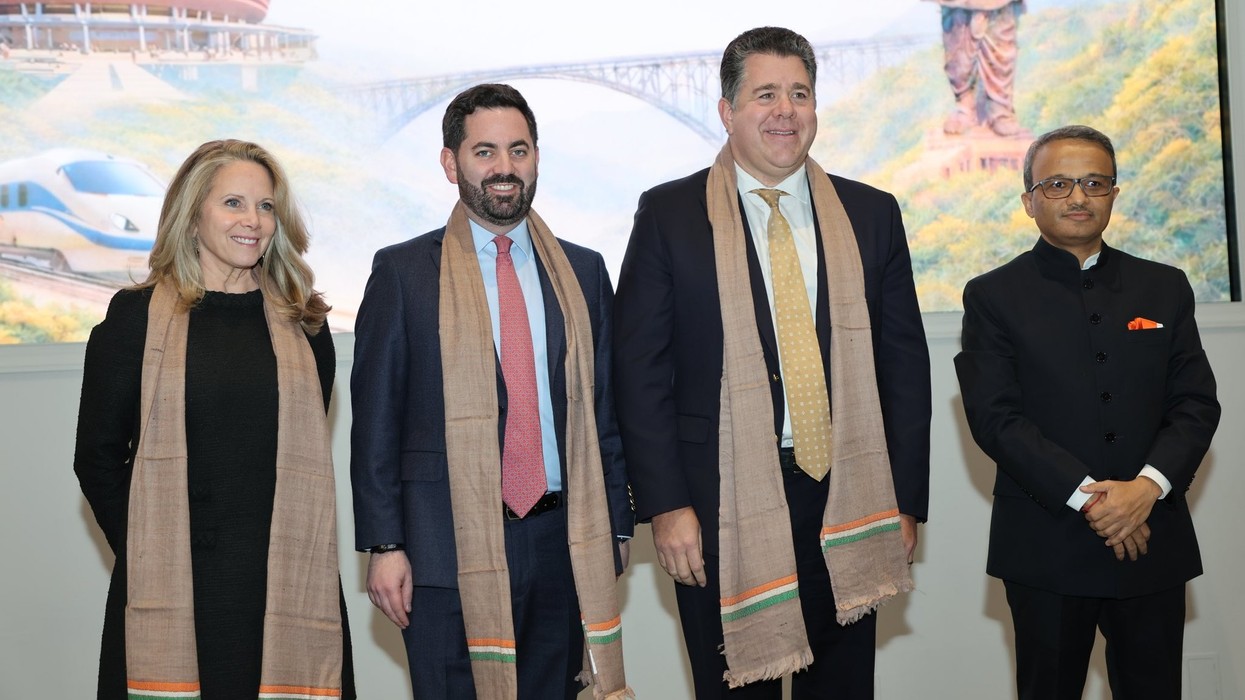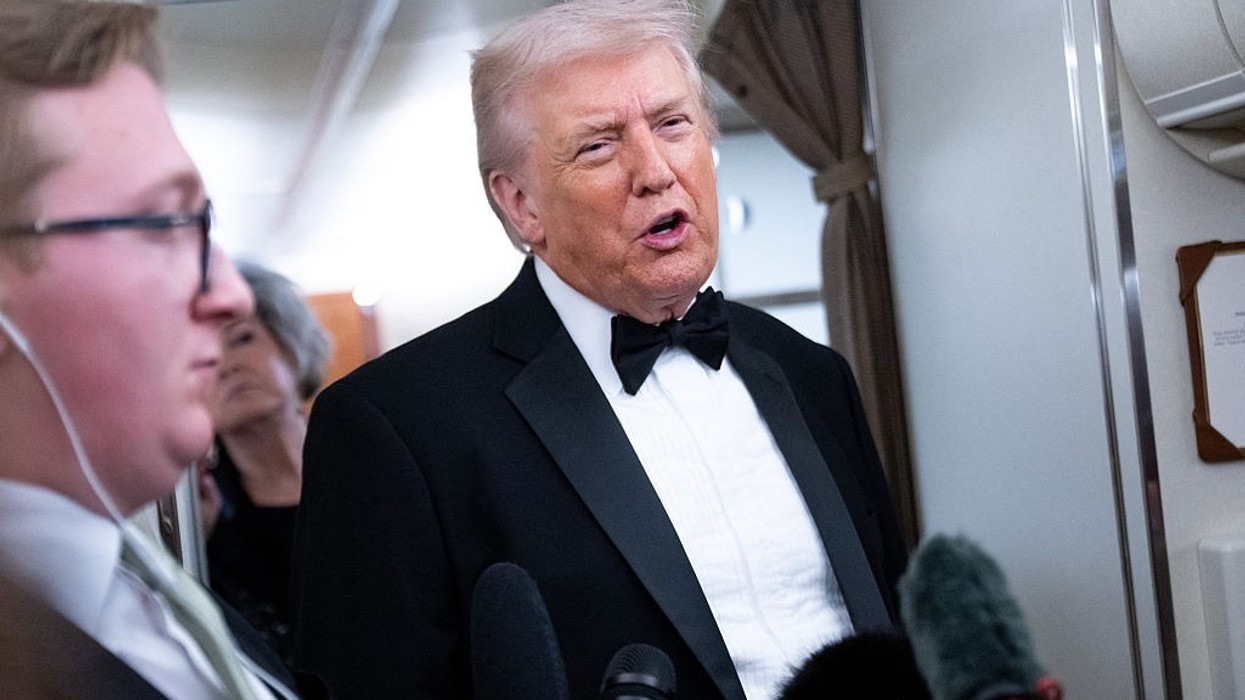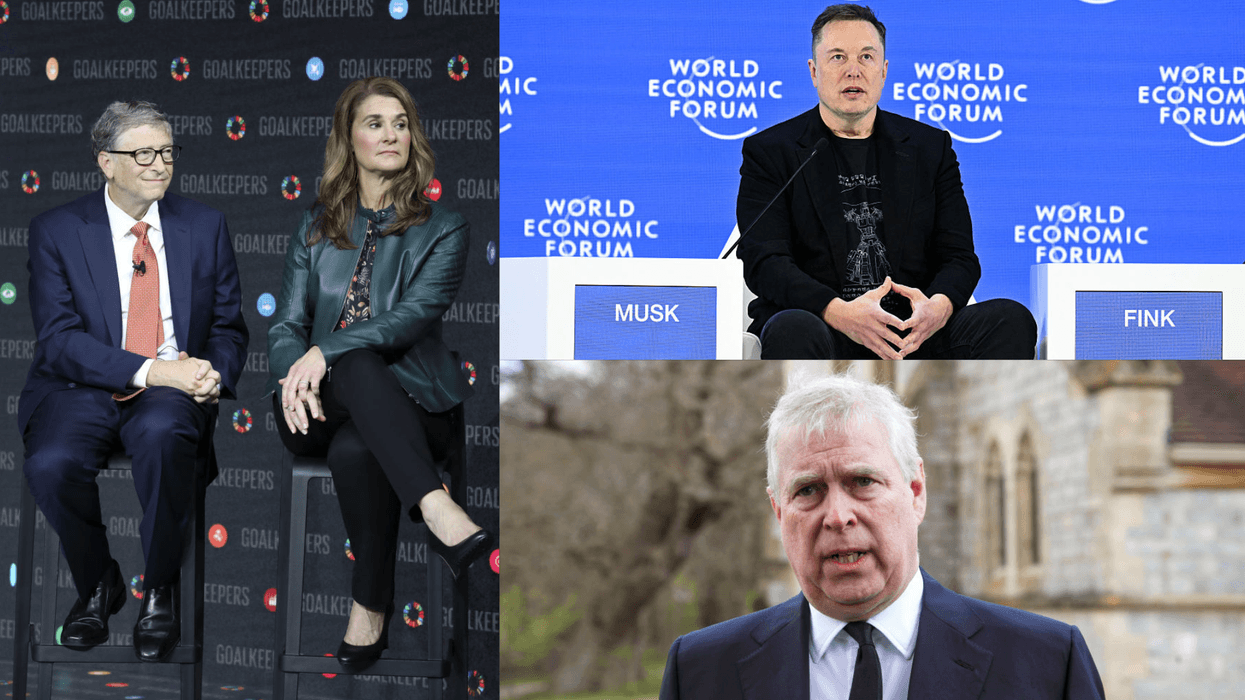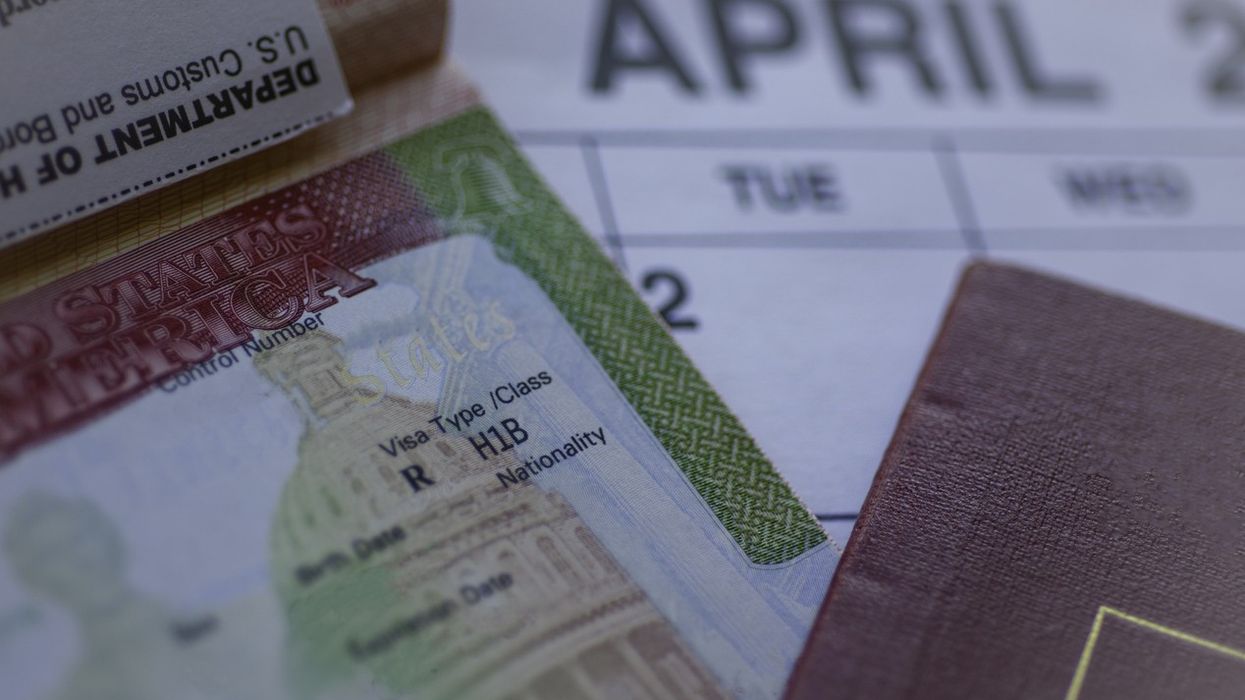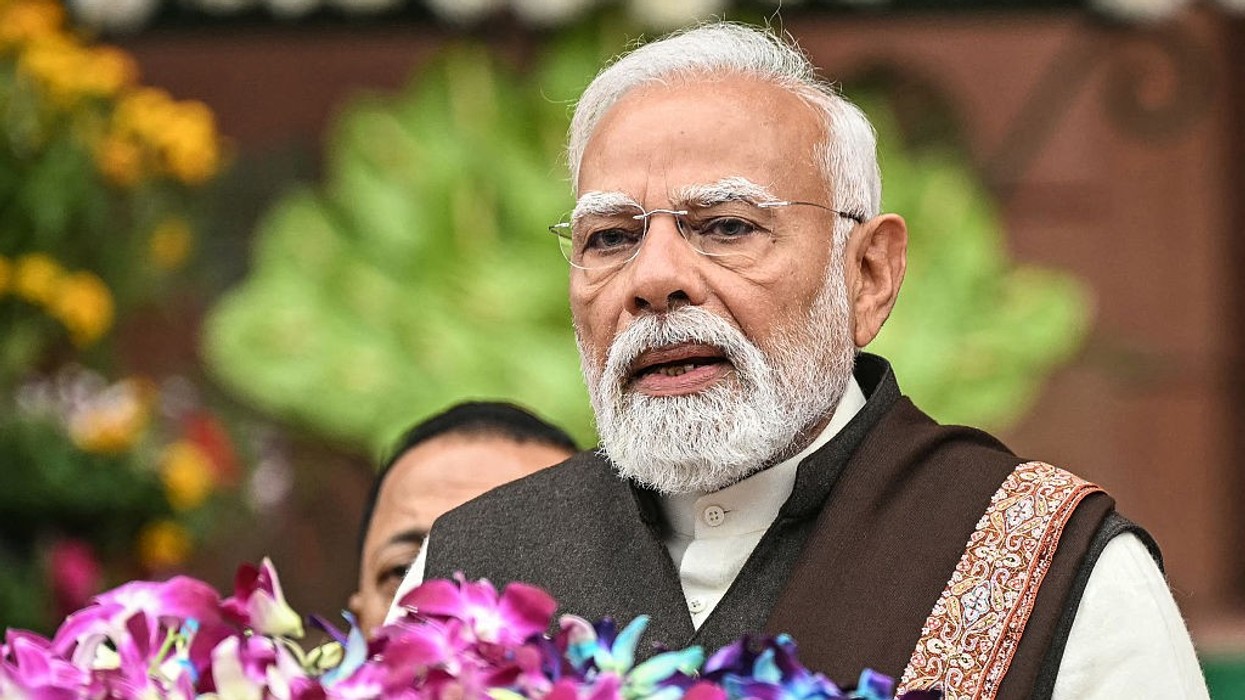Former Vice President Kamala Harris confirmed on Wednesday (30) that she will not enter the race for governor of California in 2026, a decision that keeps her options open for another White House bid in 2028.
The announcement ends months of speculation about whether Harris would return to state politics after her loss to Donald Trump in the 2024 presidential election. Instead, she is now focusing on national advocacy work and building her presence for future political opportunities.
Statement of purpose and reflection
In a public statement, Harris reflected on her career and the current political moment, expressing her ongoing commitment to public service. She called her time as prosecutor, attorney general, U.S. senator, and vice president a “profound honor,” and explained her decision as rooted in a desire to maximize her impact on the nation’s issues. Harris shared, “I love this state, its people, and its promise. It is my home. But after deep reflection, I’ve decided that I will not run for Governor in this election.”
National focus over state leadership
Sources close to Harris indicate that while the idea of leading California’s recovery from devastating wildfires and addressing longstanding issues like the housing crisis interested her, she ultimately concluded her impact would be greater at the national level. Her team and confidants noted that taking a governor’s role might foreclose her chance at a 2028 presidential campaign—a path she still appears to be considering.
Harris previously made a similar calculation in 2015, opting for a US Senate run rather than pursuing the governorship, viewing the Senate as a better fit for her skills and national policy interests.
Next Steps: Book, advocacy, and gen z focus
Looking ahead, Harris plans to remain highly active in Democratic politics outside elected office. She is considering authoring a book and forming a new advocacy group with a focus on issues that matter to Gen Z and the changing future of work, particularly around the influence of artificial intelligence. Harris also aims to help Democrats regain control of the House in the 2026 midterms, traveling and campaigning across the nation.
Her substantial fundraising list, widespread name recognition, and national profile all position her as a strong potential contender for the Democratic nomination in 2028, especially as she weighs her next formal political move.
A crowded democratic field for 2028
Despite her advantages, Harris will likely face stiff competition if she chooses to run for president again. The field for 2028 is already filling with prominent Democratic governors—Gavin Newsom (California), JB Pritzker (Illinois), Wes Moore (Maryland), and Josh Shapiro (Pennsylvania)—as well as figures like Senator Cory Booker of New Jersey, a close Harris ally and possible rival. With overlapping donors, advisers, and support bases, the 2028 contest could be both fierce and complicated for Harris and her California ally-turned-rival Newsom.
Lingering questions from the Biden era
Harris’s legacy as vice president is also under scrutiny amid continued debate over President Biden’s health and capacity to serve. Some Democrats, including former Los Angeles mayor Antonio Villaraigosa, have raised questions about Harris’s handling of concerns regarding Biden’s fitness for office during the 2024 campaign. Harris, for her part, has defended her service and stood by her actions at the time.
Public engagement and political activity
Since her return to California in January after Trump’s inauguration, Harris has kept a relatively low profile on state matters, instead focusing on broader national issues and supporting Democratic organizations. She has occasionally spoken out against Trump’s policies, denouncing what she calls “unconstitutional demands” and calling on her followers to confront a climate of fear in Washington.
Her husband, Doug Emhoff, has also been drawn into the political fray. Emhoff’s law firm, Willkie Farr & Gallagher, recently became the subject of Trump administration executive orders, leading to a deal to avoid government retaliation—despite Emhoff’s objections.
California’s democratic primary landscape
Harris’s absence from the California governor’s race leaves a crowded Democratic field that includes Lt. Gov. Eleni Kounalakis, former congresswoman Katie Porter, former HHS secretary Xavier Becerra, and Villaraigosa. These candidates have made clear they will stay in the race regardless of Harris’s decisions.
Kamala Harris remains a major figure in Democratic politics with her eyes firmly set on national influence. Whether or not she pursues another White House bid in 2028, her continued advocacy, fundraising power, and ability to energize key Democratic constituencies will keep her at the center of major political developments in the years ahead.
